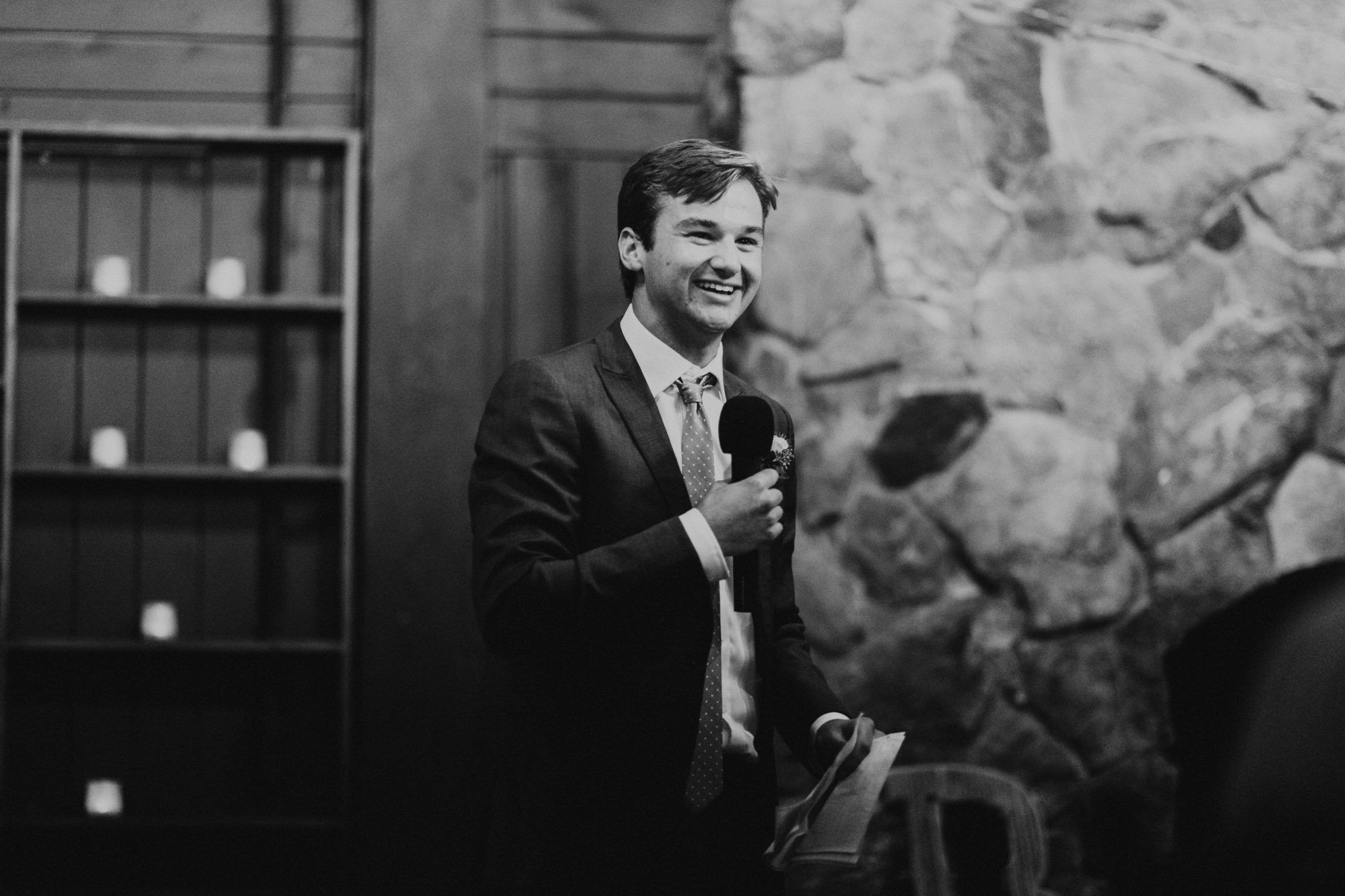David Buteyn
Teacher, John Rex Middle School, Oklahoma City
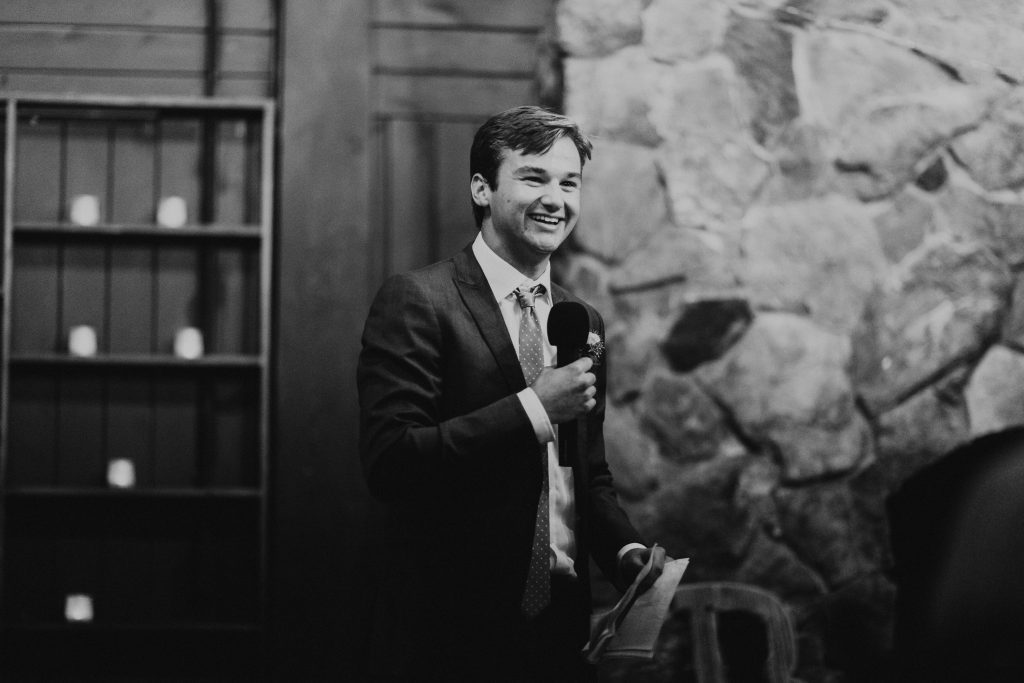
Where the Oklahoma River runs through downtown Oklahoma City, there’s an incredible opportunity for kids to get outside and learn how to paddle. Thanks in part to a Thrive Outside grant from the Outdoor Foundation, RIVERSPORT Foundation (formerly the Oklahoma City Boathouse Foundation) partners with local schools to offer outdoor programming that is often the highlight of students’ days.
David Buteyn, a history teacher at John Rex Middle School, frequently bikes with his students to the riverfront for paddlesports and makes sure his students take full advantage of the Boathouse District. He’s seen first-hand how much of a positive impact regular outdoor time has on his students. We asked what makes this time so influential.
Tell us a little bit about the outdoor electives you run at John Rex Middle School.
We have an elective program every day except for Wednesday. I typically do the physical education ones, like biking and boating. At the beginning of the year, we run a boating elective where I’ll take about 10 to 15 students and we bike together to the Boathouse District, which is an Olympic training site with a lot of resources for the kids. We’ll paddle around for 30 to 40 minutes, then bike back to school.
Getting the opportunity to kayak on the river is really, really cool. We also have after school programs a lot of kids participate in right after dismissal, where the kayak coach will take them down to the water and they’ll do things like weight lifting, training, cardio, and, of course, paddling. They get involved in regattas and races. We don’t have a lot of the traditional sports other middle schools have, so our hope is to give kids the opportunity to get involved in something that helps them stay in shape, get outside, and get interested in kayaking and the outdoors. One of our long-term goals is also to help students use these skills to qualify for college scholarships.
Does this outdoor time have a positive impact on your students’ academics?
We require our students to be caught up on their schoolwork in order to participate in electives, otherwise they have to go to study hall. That means they’d be catching up during that last hour of the day instead of going to their elective. They get to choose at the beginning of the year what their electives are, so no kid wants to be stuck in study hall. These are things they enjoy and want to participate in. So that has been a really good incentive for these kids to stay up in their schoolwork. We don’t want that to hang over their heads, but at the same time, it’s important to get their work done. This is the thing that keeps them honest and accountable.
How else have you seen these outdoors programs influence your students?
This program definitely has a positive influence on their mood. We have some students who come from rough backgrounds, like any teacher would. It’s night and day—we’ll go on a bike ride and I’ll ride up next to a kid, and they’ll have a smile on their face, the wind in their hair, and all of a sudden they’re having a good time. We’re outside of school, and they become different people at that point. It’s really cool to have those types of experiences and conversations with kids when we’re out in the world and they’re having a good time and they’re with their friends. Not every teacher can have that sort of openness with their students, and I’m really thankful that I’m a person the kids can come to, whether it’s inside the school walls or outside.
How has your own outdoor experience growing up influenced you?
Getting outside has always been a passion of mine. I have a twin brother and we’re very active people. We played sports in the street and I started snowboard lessons when I was in kindergarten. I’ve been shredding ever since. I played rugby in college, so I knew when I started teaching that I wanted to incorporate sports or physical education in some way to what I was doing. Because I grew up being comfortable on a bike and a kayak, it was a natural fit for me to lead this program when the opportunity came up for me. It can be stressful to lead students on bikes through the city, but for me it was a perfect fit so I could take my passion for the outdoors and show them how much fun we could have.
How do you hope that these outdoor experiences will influence your students later in life?
Especially at their age, these kids are just so natural with technology. They’re so immersed in their phones and their computers. They’re looking at their Chromebooks a lot of the day at school, too, so I think it’s really cool to be able to take them away from the apps and the screens, especially during the school day. As they go into high school and college and become adults, I would hope that they would develop a passion similar to mine—wanting to go break a sweat, wanting to be outside and run around and have some fun. You’re never too old to have some fun outside.
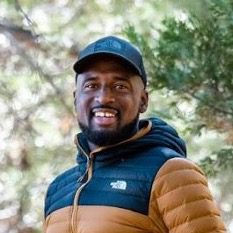




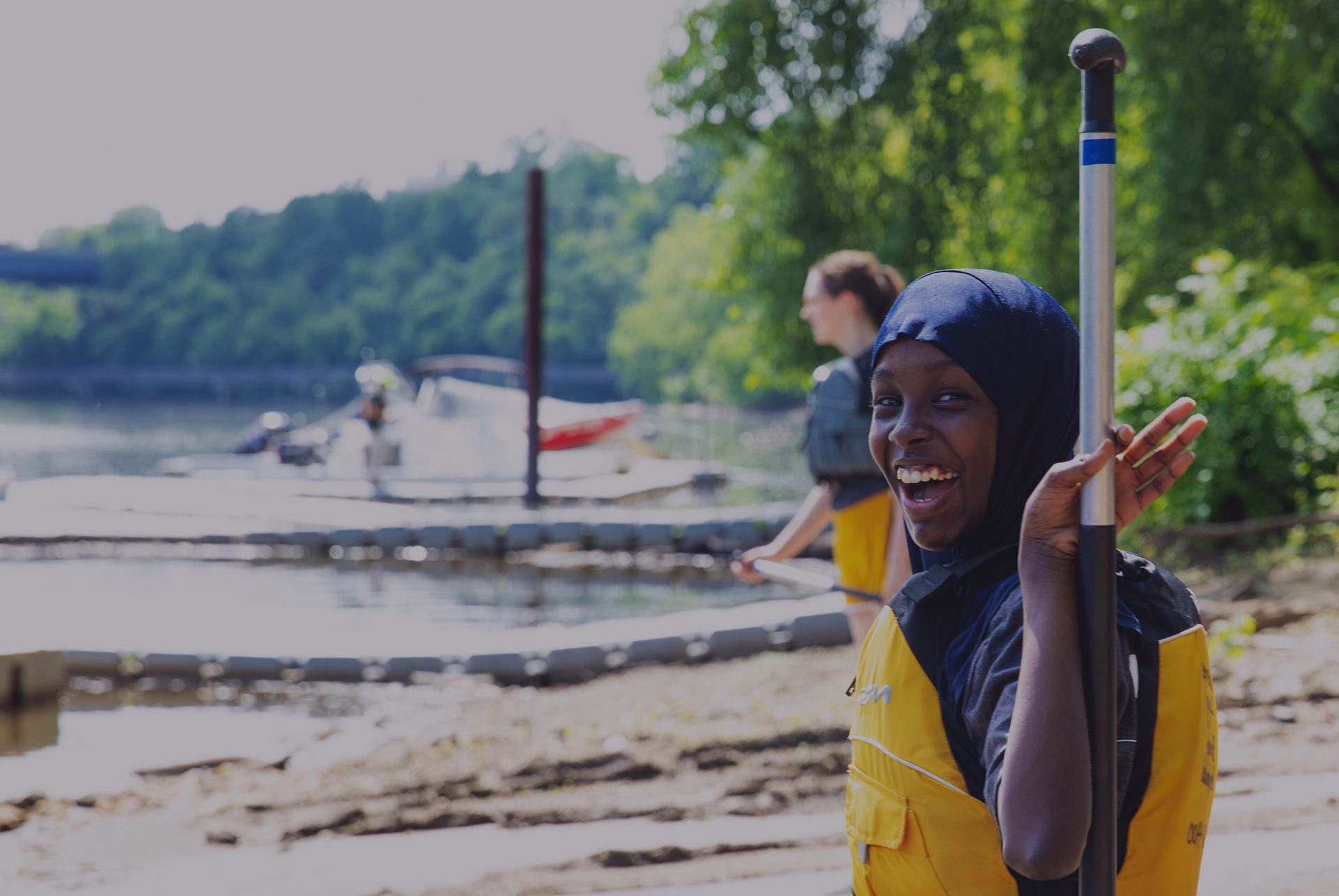
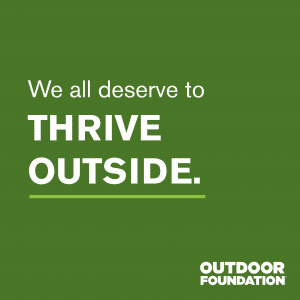 We all deserve to thrive outside. But research shows that serious equity barriers such as safety, walkability, transportation, cost and cultural inclusion, along with a rise in screen and indoor time, are leading us to become the world’s first indoor species, with devastating consequences for youth and their families.
We all deserve to thrive outside. But research shows that serious equity barriers such as safety, walkability, transportation, cost and cultural inclusion, along with a rise in screen and indoor time, are leading us to become the world’s first indoor species, with devastating consequences for youth and their families.
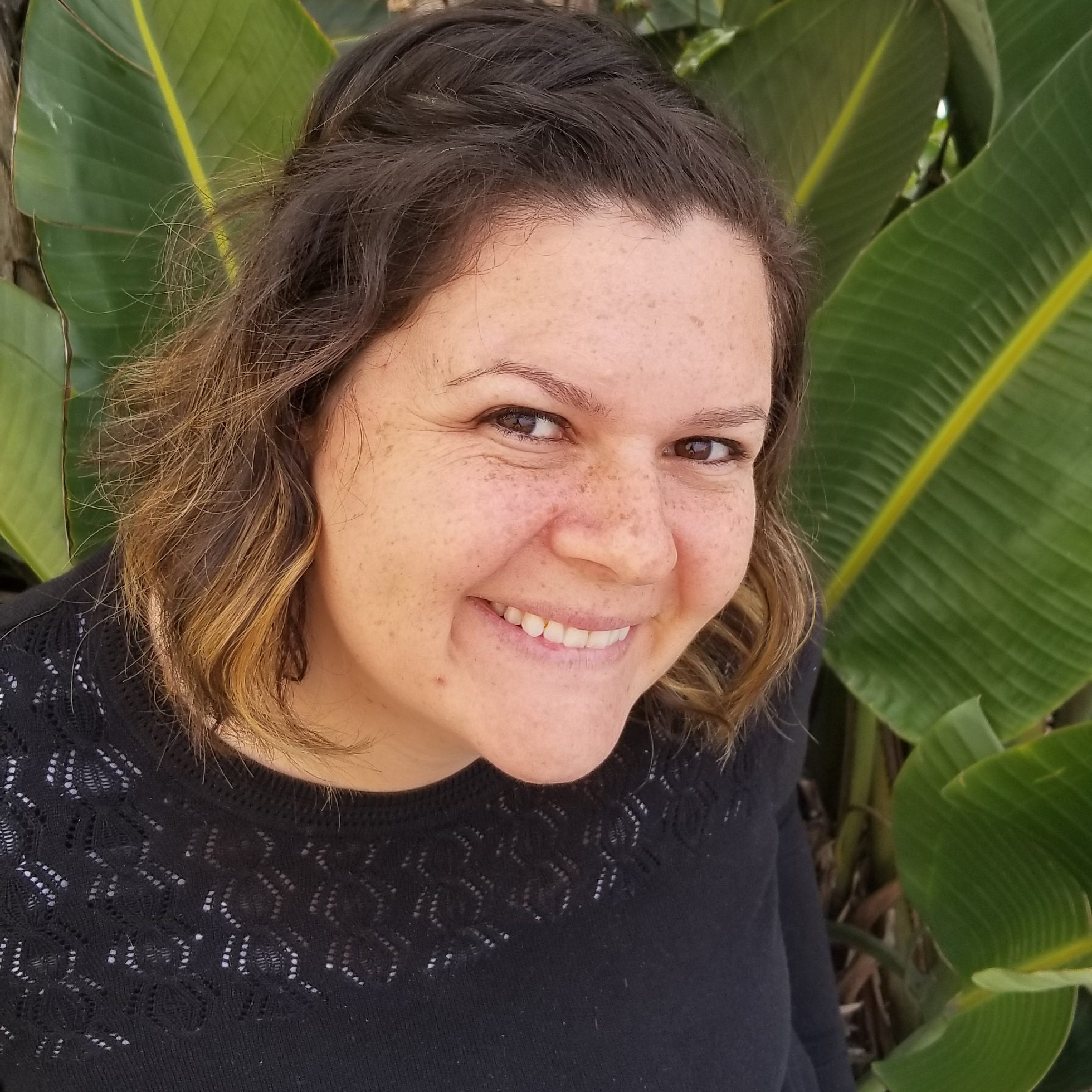

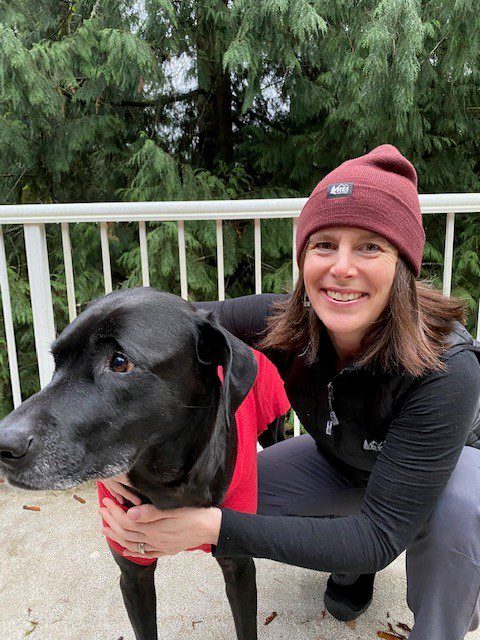 REI Co-op has donated $1 million to the Thrive Outside initiative in hopes of helping kids in urban centers around the U.S. have repeating outdoor experiences in slices of nature close to home. As manager of REI Co-op’s philanthropy and community partnerships programs, Kristen Ragain works to support programming that ensures that every person can benefit from time outdoors. We asked her why it’s so important to support this, and how she thinks the average American’s outdoor experience could change once life begins to return to normal.
REI Co-op has donated $1 million to the Thrive Outside initiative in hopes of helping kids in urban centers around the U.S. have repeating outdoor experiences in slices of nature close to home. As manager of REI Co-op’s philanthropy and community partnerships programs, Kristen Ragain works to support programming that ensures that every person can benefit from time outdoors. We asked her why it’s so important to support this, and how she thinks the average American’s outdoor experience could change once life begins to return to normal.